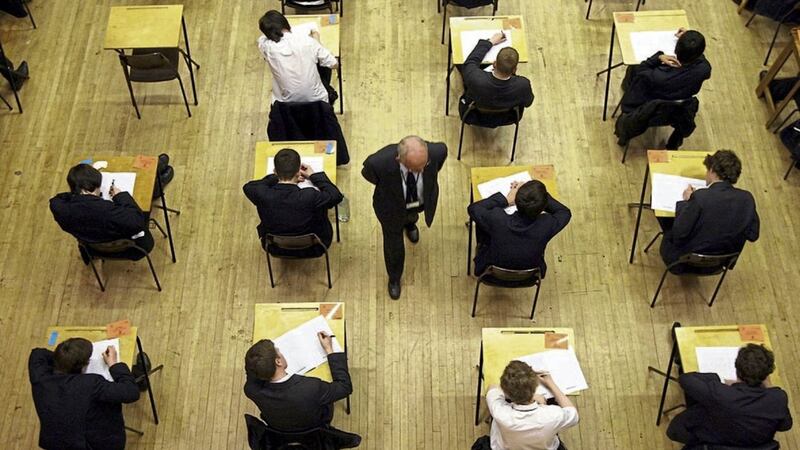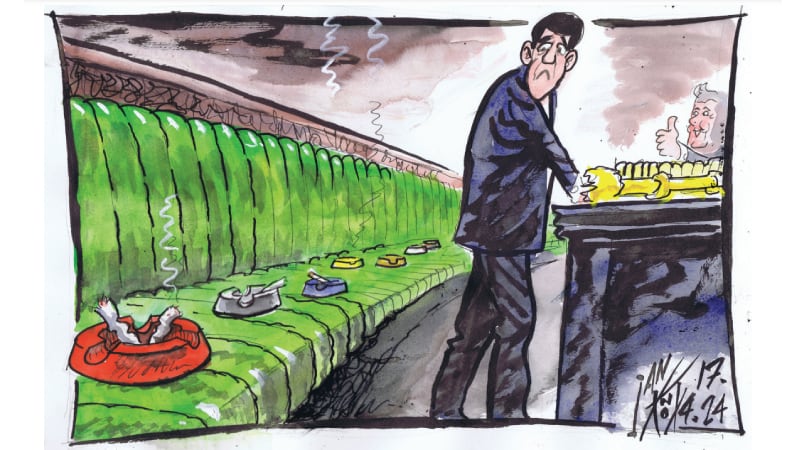TODAY, young people will receive results for A-levels - exams that they never sat.
The days leading up to this issue of results, with reports of widespread `downgrading', have caused much confusion and worry.
It is important to recognise that there are three separate approaches being taken in Scotland, England and Northern Ireland, which is not helping people understand what might happen next.
No one really knows what will happen next as nothing like this has ever happened before.
It has been said repeatedly, from the time exams were first cancelled, that Northern Ireland is in a much stronger position to make robust grade predictions, due to the retention of the AS-level as part of the overall A-level grade.
But once Scotland got it wrong, people started to panic. Even though Scotland has an entirely different exam system.
The results that pupils receive today will, in some instances, be at odds with what one or more of their teachers thought they should receive.
The north's CCEA exams board suggested that without standardisation of teachers' predictions, the proportion of A*-As would jump from the 30 per cent it was been for the past four years to a whopping 40 per cent. While tiny increases in top grades are anticipated every year, such a massive jump would be beyond the realms of possibility.
It is likely that after standardisation, the A*-A figure will stand at about 31 per cent this year.
There will be some pupils who will wonder should they have done better, and were they among those downgraded. Once the official results are issued, schools can share their centre assessment grades with young people. They should not have been sharing this information before today.
Those who feel they deserve a higher grade can appeal, but this must be done by their school. Mock exam results and some completed units of GCSEs can be provided in appeals if it is felt a pupil has been given the wrong grade.
This has raised some concerns. While mocks are many times taken in exam conditions, quite often they are not properly controlled. There is no consistency and no standardisation across schools.
England has gone even further. There, pupils have been told their exam grades will be no lower than their mocks results. This last minute move seems bizarre. Teachers' calculated grades are likely to have been determined with far greater vigour - so the government could have just let those stand rather than introduce this confusing safety net.
There is also a possibility that Nicola Sturgeon's response to chaos in Scotland will start a domino effect, due to a significant number of young people seeking places at universities in Scotland.
It is likely Peter Weir will come under some pressure to also back teacher projections as students might otherwise be at a disadvantage compared to peers in Scotland with higher grades.
For 2,500 odd pupils, their grades today will not matter at all, as they already have places secured at Queen's University Belfast. The university offered places based on a "wide range of academic information" that it holds on its offer-holders and was provided by Ucas, including teacher-predicted grades that were determined pre-lockdown.
Queen's told The Irish News that it conducted this process solely to identify which students were most likely to meet the conditions of their offer in comparison to other applicants for the same course.
As such, it is much narrower in scope than the exercise being conducted by exam boards to provide calculated grades.








